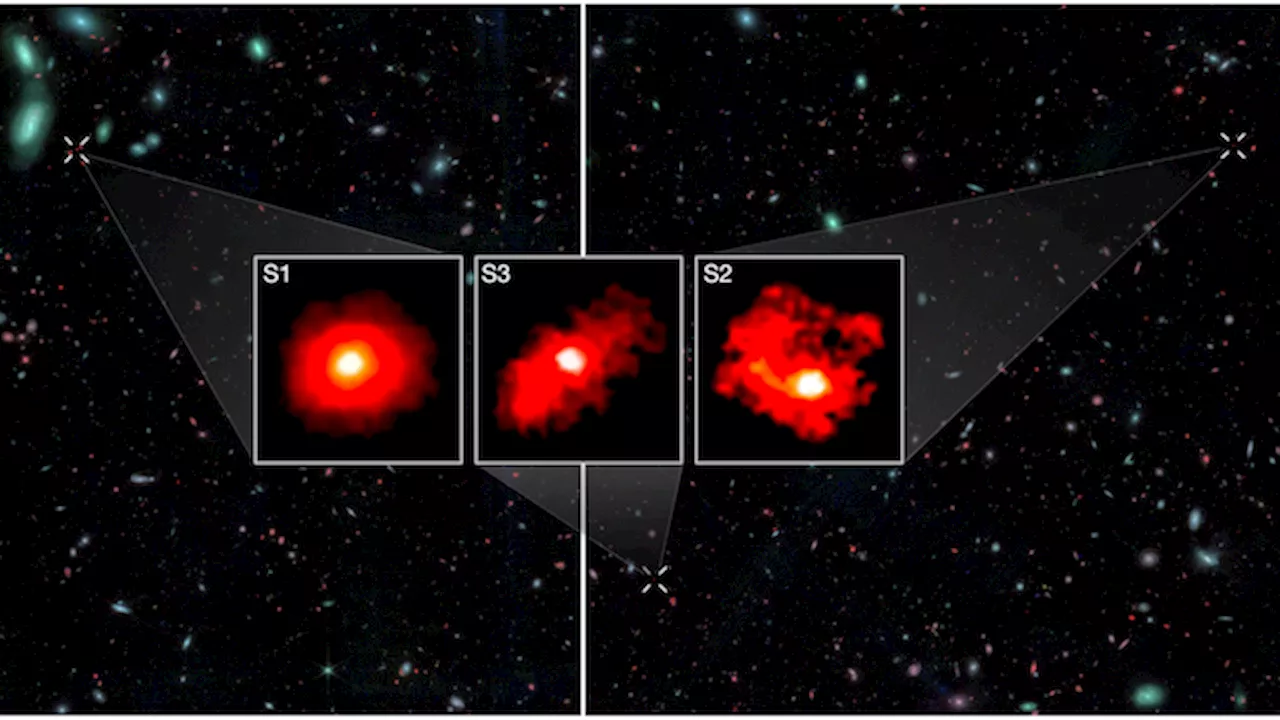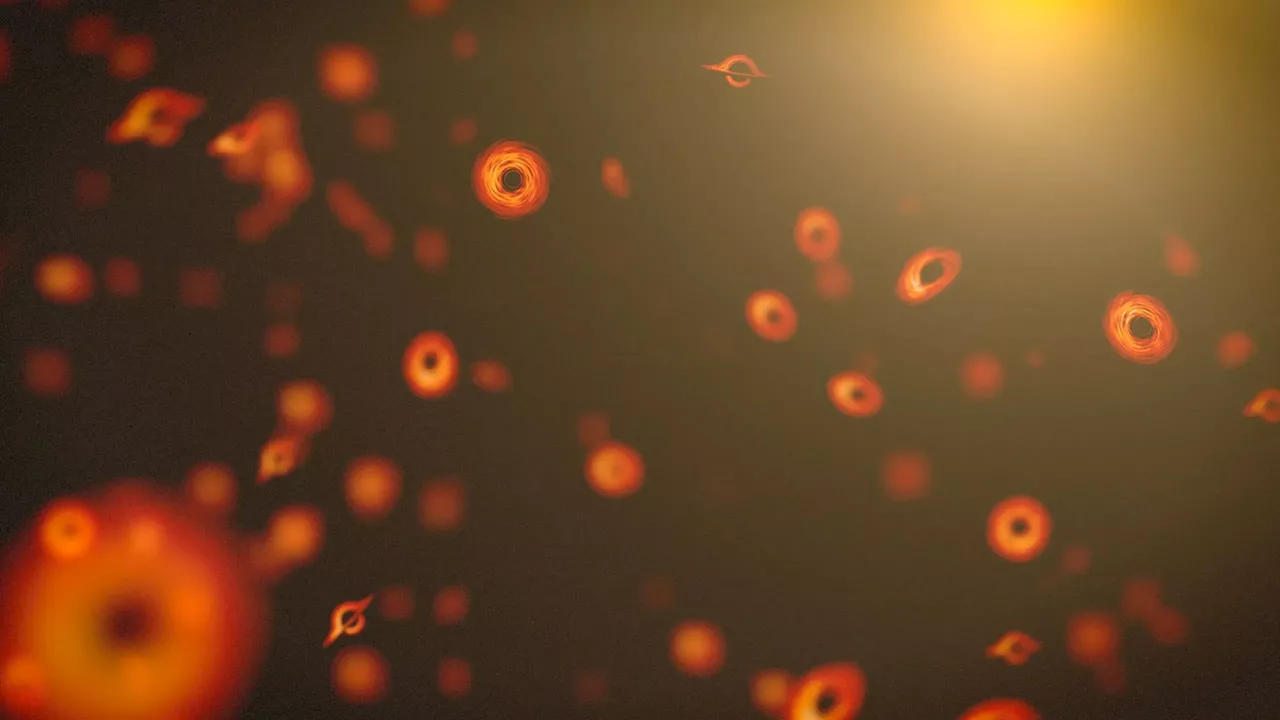The largest magnetic fields in the universe may have found themselves charged up by dust batteries when the first stars began to shine.
The largest magnetic fields in the universe may have found themselves charged up when the first stars began to shine, according to new research.
But astronomers also find magnetic fields at the very largest of scales, with weak but persistent fields spanning across galaxies or even galaxy clusters. These fields are usually no stronger than a millionth the strength of the Earth’s, but they can reach for millions of light years in length.has put forward and intriguing hypothesis.
When the next generation of stars came online their powerful radiation shown through all the gas and dust surrounding them. That radiation was so powerful that it could literally push on the dust grains.
United States Latest News, United States Headlines
Similar News:You can also read news stories similar to this one that we have collected from other news sources.
 Marvel Cinematic Universe Stars Recast In DC Universe RolesComic Book Movies, News, & Digital Comic Books
Marvel Cinematic Universe Stars Recast In DC Universe RolesComic Book Movies, News, & Digital Comic Books
Read more »
 Scientists Discover Monster Galaxies Lurking in The Early UniverseThe Best in Science News and Amazing Breakthroughs
Scientists Discover Monster Galaxies Lurking in The Early UniverseThe Best in Science News and Amazing Breakthroughs
Read more »
 James Webb Space Telescope unveils surprising 'Red Monsters' in the early universeLarissa G. Capella is a Brazilian science writer based in the U.S. with a broad passion for the sciences, including physics, astronomy, geoscience, neuroscience, and more. She earned both a B.S. in Physics and a B.A. in English from Western Washington University in 2024.
James Webb Space Telescope unveils surprising 'Red Monsters' in the early universeLarissa G. Capella is a Brazilian science writer based in the U.S. with a broad passion for the sciences, including physics, astronomy, geoscience, neuroscience, and more. She earned both a B.S. in Physics and a B.A. in English from Western Washington University in 2024.
Read more »
 How primordial black holes from early universe could solve mystery of dark matterA recent study has proposed a new mechanism for the formation of primordial black holes that could provide answers about dark matter.
How primordial black holes from early universe could solve mystery of dark matterA recent study has proposed a new mechanism for the formation of primordial black holes that could provide answers about dark matter.
Read more »
 Astronomers discover the fastest-feeding black hole in the early universeAstronomers have discovered a supermassive black hole at the center of a galaxy just 1.5 billion years after the Big Bang that is consuming matter at a phenomenal rate -- over 40 times the theoretical limit.
Astronomers discover the fastest-feeding black hole in the early universeAstronomers have discovered a supermassive black hole at the center of a galaxy just 1.5 billion years after the Big Bang that is consuming matter at a phenomenal rate -- over 40 times the theoretical limit.
Read more »
 Three galactic 'red monsters' in the early UniverseAstronomers have identified three ultra-massive galaxies -- nearly as massive as the Milky Way -- already in place within the first billion years after the Big Bang.
Three galactic 'red monsters' in the early UniverseAstronomers have identified three ultra-massive galaxies -- nearly as massive as the Milky Way -- already in place within the first billion years after the Big Bang.
Read more »
